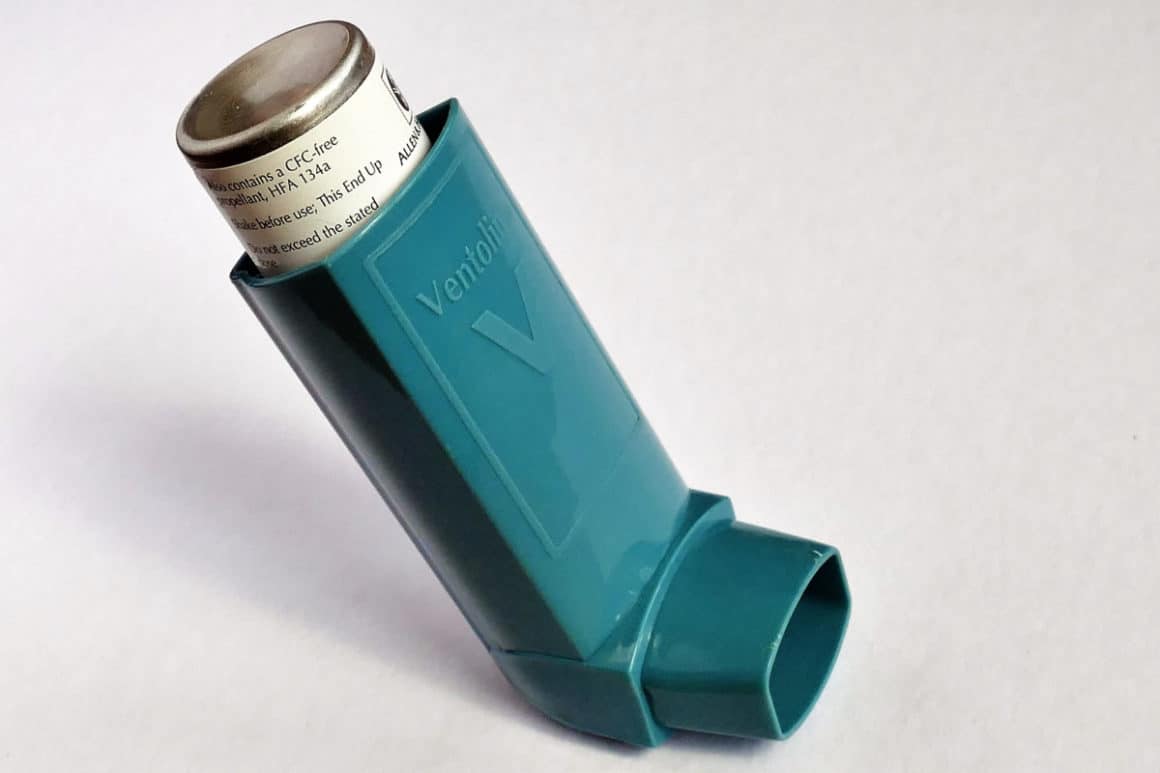If you suffer from asthma, you might notice that the seasons affect your symptoms, as found in this study. As the temperature gets colder outside, you may find that breathing becomes more difficult. Worse still, if you exercise in the cold, you might encounter symptoms such as wheezing and coughing.

Your airways are lined with a thin layer of mucus, and this layer helps remove particles that might cause complications such as breathing difficulty. When the temperature dips, your body naturally produces more mucus. This is a particular concern if you have asthma, as the condition already causes excess production of mucus, as well as a narrowing of the airways.
Here are some of the best ways to manage the condition in the winter months.
Precautions that You Need to Take

Before winter kicks off, you need to ensure that your asthma is well under control. It is advisable to see your doctor beforehand so that you are provided with the best medical action plan. Once that’s done, you must take your medicine as advised by the medical practitioner. There are many different types of inhaler used to treat asthma but they typically fall into two categories (see this NHS infographic for more types) – preventer inhalers for long-term use, and reliever inhalers for quick relief.
The long-term control medications are taken daily to help manage the symptoms of your asthma. Note that long-acting beta-agonists usually come alongside inhaled corticosteroids.
Quick-relief medicines, on the other hand, are the drugs you only need to take when your asthma symptoms occur. Often, these drugs are taken when it gets cold or before exercising.
How to Avoid Attacks in the Cold

There are various ways in which patients can prevent or even manage asthma attacks in the cold. One of the most common and easiest ways is simply staying indoors when it gets cold outside. Try to remain in the house when the temperature gets below -12.2°C (10°F).
Granted, not everyone has the freedom or capacity to spend all their time in the house. If you don’t want to stay indoors, make sure that your mouth and nose are covered using a scarf so that the air is warmed before breathing it in. Here are some other useful tips:
- When winter comes, you should drink as much fluid as possible. This will help to keep the mucus in your lungs thinner so that your body can easily remove it.
- Try to stay away from anyone who seems to be sick.
- Go for your flu vaccine early enough, before winter starts.
- Regularly vacuum and dust your home to get rid of indoor allergens.
- Your blankets and sheets must be kept clean by washing them at least once every week to prevent dust mites from accumulating.
If you love to exercise outdoors, here are some tips to help you prevent asthma attacks during winter or cold weather:

- Make sure to use the inhaler at least 15-40 minutes before you start your routine. This will help to open up the airways so that you breathe easily while you exercise.
- You should always carry your inhaler with you just in case you suffer an asthma attack amid training outdoors.
- Before you start working out, ensure you warm up properly for 10-15 minutes. This will open up your airways and prepare your body for the routine.
- Remember to wear your scarf or a mask.
Conclusion
During winter, you want to make sure that you keep yourself as warm as possible. When outdoors, try to have your scarf or mask on most of the time – it will help you breathe in warm air to prevent symptoms from flaring up. Always keep your inhaler nearby and use it as advised by your doctor.

As someone who has always had asthma, winter months make a huge impact. I wheeze so much more when the weather is colder.
I don’t suffer from asthma but I used to really struggle to breathe in the really cold weather and now my 9-year-old son is starting with it too.
My Mum used to have bad asthma and it was always a worry in the winter months. She had to have her inhaler with her all the time. I think the flu jab is so important too!!
Yes I couldn’t agree more about the flu jab x
I really didn’t know that winter would make it worse. Thanks for sharing!
Yes, it can make a huge difference.
Great tips, I don’t suffer from this so had no idea how much you need to be thinking about. Seems like there are lots of practical steps you can take to help though which is great
I always used to struggle in winter months as a child with raspy breathing but thankfully I grew out of it. Now my children are the same.
It must be so hard in the winter months. We always get the flu jab
My brother has asthma and always has to make sure he had the flu jab and always maintains his liquids intake.
I have asthma so I know how important all of this is so thanks so much for sharing these tips as asthma can really flare up when it starts to get cold
Laura x